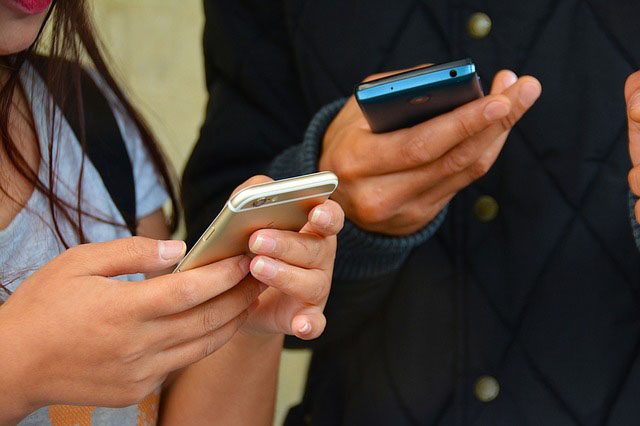The National Privacy Commission reminded Filipinos on Valentines’ Day that they are not obligated to give out the passwords of their social media accounts to their loved ones if they did not consent to it.
The government agency shared a Facebook meme that recently trended among local online sellers with the words “For Sale” and “Issue.”
“Remember, your social media accounts are personal. Kaya this Valentines’s Day, show your love by respecting each other’s personal space,” NPC said.
They also noted that Filipinos have the rights to the content of their own personal accounts through Republic Act 10173 or the Data Privacy Act of 2012.
The law protects the privacy of individuals in terms of personal information and ensures that consent is observed in cases when it needs to be accessed, whether by another individual or an organization.
It states that an individual has the right to prevent people or entities from accessing their personal data if they deem that the reason is not legitimate.
Furthermore, the Data Privacy Act ensures that individuals have and will remain full control of their data.

Many Filipinos who saw the government agency’s post agreed with the reminder and appreciated how it related itself to the concept of trust among relationships, especially in romantic ones.
Facebook user Raymond Morfe wrote:
“It’s actually immaturity [sic] kapag pinilit mo ang isang tao na [mag] open up sa’yo ang [sic] private things niya. We are all entitled to our own privacy, and the mobile phone is no different from our journals or diaries — they’re private.”
“Maturely, you wait for people to open up to you when they’re ready — you don’t pry them open or investigate or judge what u [sic] see.”
Nowadays, many couples tend to share passwords of their accounts with their partners as a sign of trust but a spousal identity theft expert believes it should remain private.
Alayna Pehrson said, “Sharing passwords and logins can be good as it establishes trust and convenience, but it can also be extremely risky. In my opinion, the cons outweigh the pros when it comes to sharing passwords.”
“For instance, a partner could seem trustworthy at first (when you give them your passwords), but they could easily use those passwords to commit identity theft, make unwarranted purchases/build up a large amount of debt, catch a virus on devices, etc.,” she added.
Perhrson noted that if the couple decides to share their password with each other, it should be changed immediately once the relationship ends to avoid the risk of being taken advantage of.










